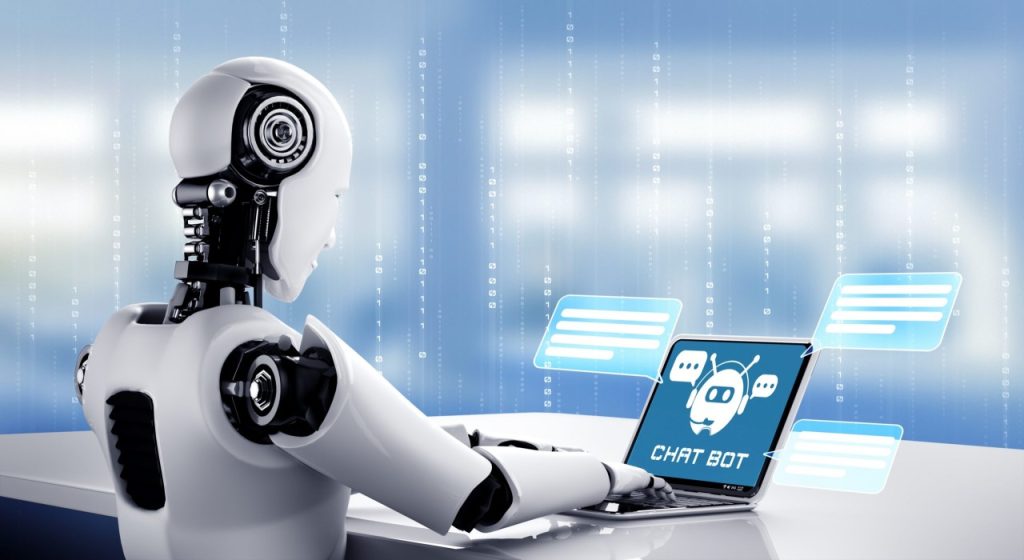FALCON POWERS – Generative Artificial Intelligence technology has seen remarkable development since the end of 2022 until today. This rapid progress is part of the modern technological revolution and an important turning point in the history of technologies that work to make automated systems mimic human intelligence.
The continued progress made by generative AI still raises major questions about the impact of this technology on the job market and employment. Artificial Intelligence presents a mix of challenges and opportunities for the workforce and employers alike, which requires a comprehensive analysis of the transformations that may occur in the nature of work, the types of available jobs, and the skills of the workforce.
A recent global survey conducted by McKinsey Company on Artificial Intelligence and published last week showed that companies around the world are rapidly adopting generative AI technology in their operations. 65% of survey participants said their institutions use the new generation of AI regularly, which is double the percentage recorded in a survey by the same company just 10 months ago.

According to the McKinsey survey reviewed by the “Sky News Arabia Economics” website, 2024 is the year when institutions truly began to use generative AI and extract business value from it. Three-quarters of participants expect the new generation of AI to bring about major or disruptive changes to their industries in the coming years, while many institutions reported already realizing financial benefits from using this technology, with cost reductions and revenue jumps within the business units where generative AI is deployed.
McKinsey conducted the survey in the period from February 22 to March 5, 2024, and it included 1,363 participants, representing a diverse group of regions, industries, company sizes, functional specialties and job positions. 981 participants said their organizations had adopted artificial intelligence in at least one job function, while 878 participants said their organizations were using artificial intelligence regularly in at least one function.
The survey revealed that the overall use of artificial intelligence, both the new generation and the old generation of this technology, has increased in all regions of the world, with the largest increases in the Asia-Pacific region and China. Looking at the industries that have seen the biggest increase in reliance on artificial intelligence, they are often those related to professional services such as marketing, sales, product and service development, as well as the energy sector.
According to a report prepared by Fortune magazine and viewed by the “Sky News Arabia” website, Quillian Ellinghausen, director of the McKinsey Global Institute, says the time has come to take artificial intelligence seriously, regardless of the type of industry.
She points out that the demand for jobs will increase in a few industries, including healthcare, construction and education, while generative AI will be able to capture jobs in four areas from today until 2030: administrative assistance, customer service or sales, food service, and production and manufacturing.
Ellinghausen stressed that generative AI will change the nature of the work done by humans, as it will affect about 30% of their activities, but it will not eliminate their jobs. However, for these four categories – administrative assistance, customer service or sales, food service, production and manufacturing – these functional roles will disappear.
On the other hand, a recent report by Goldman Sachs Bank found that the continuous developments in the world of generative artificial intelligence could bring about $7 trillion to global GDP, in addition to the role of this technology in boosting productivity growth by about 1.5 percentage points over the next decade.


